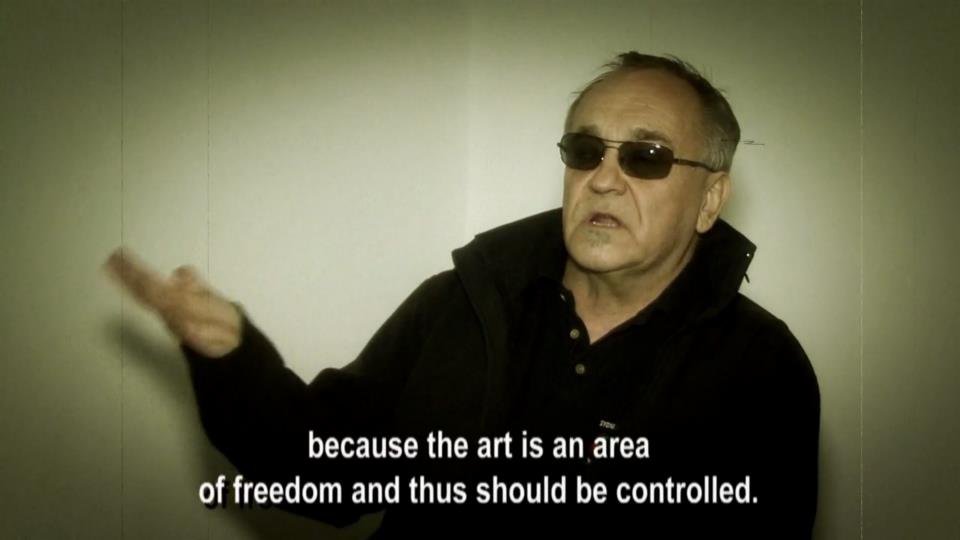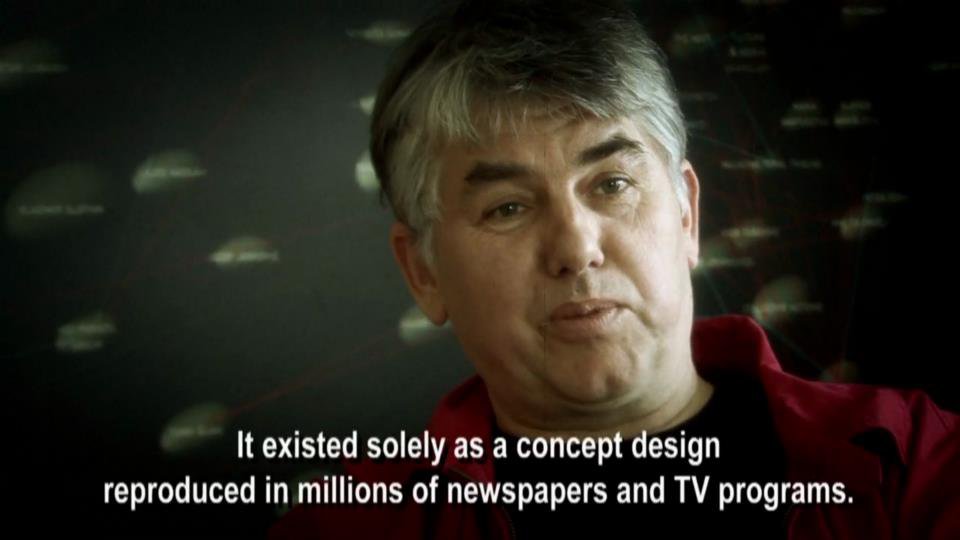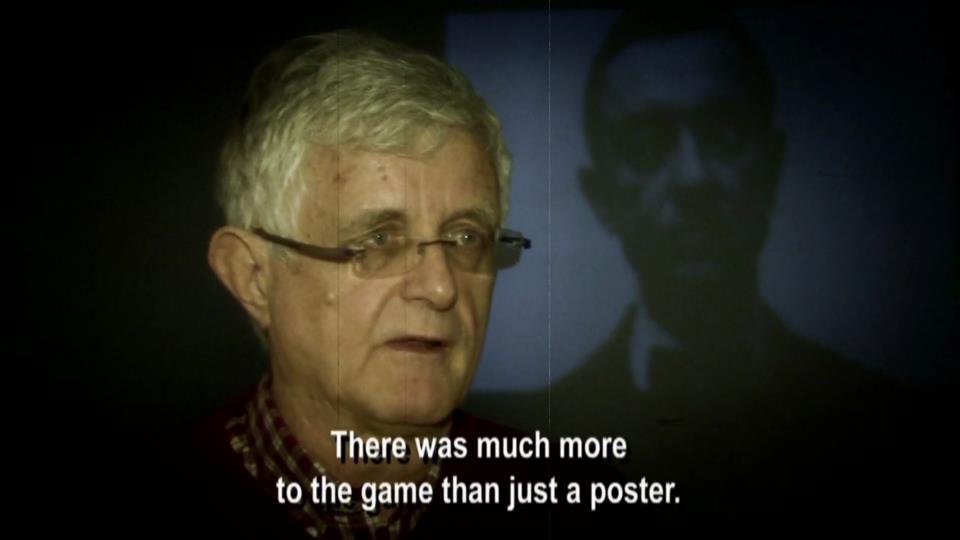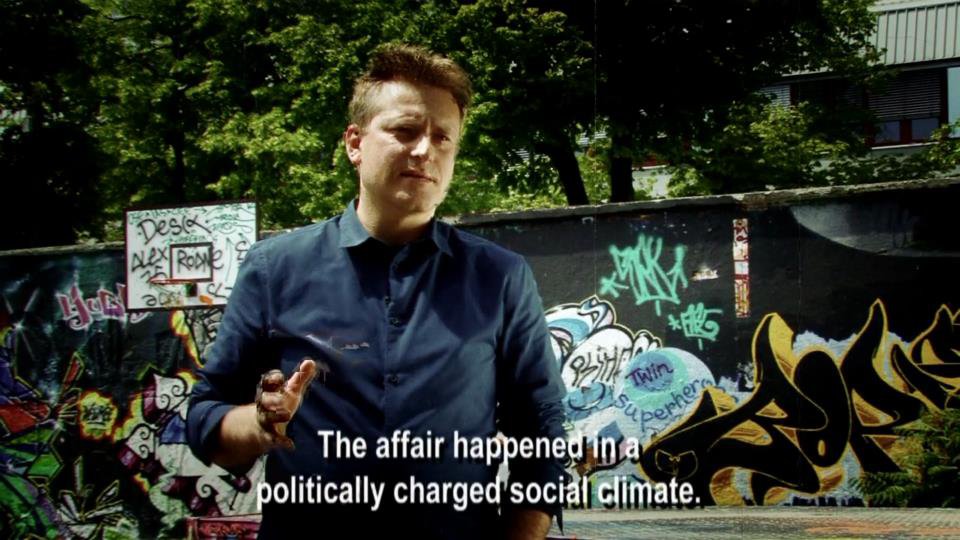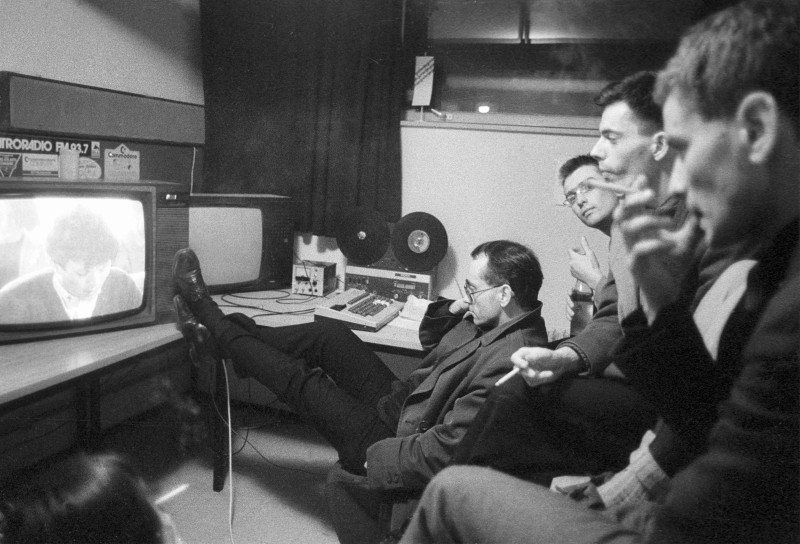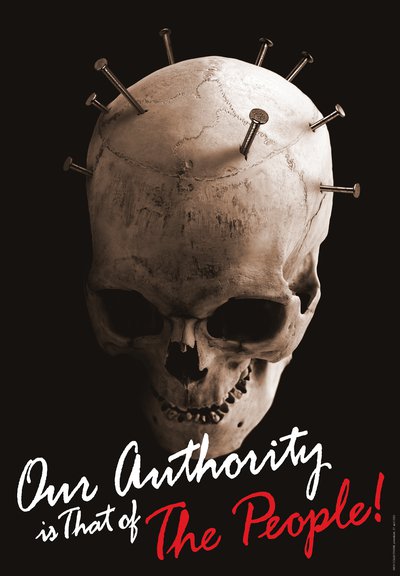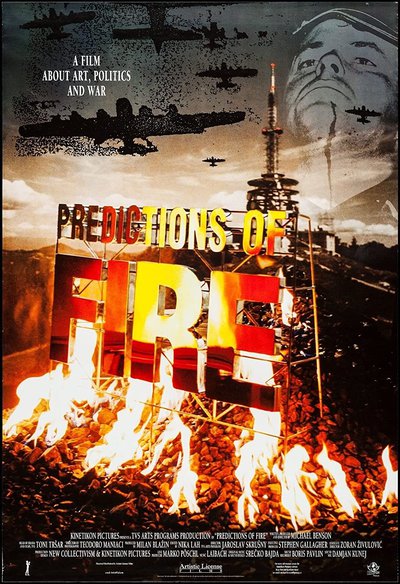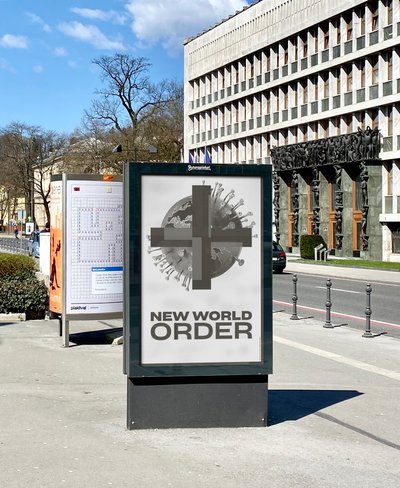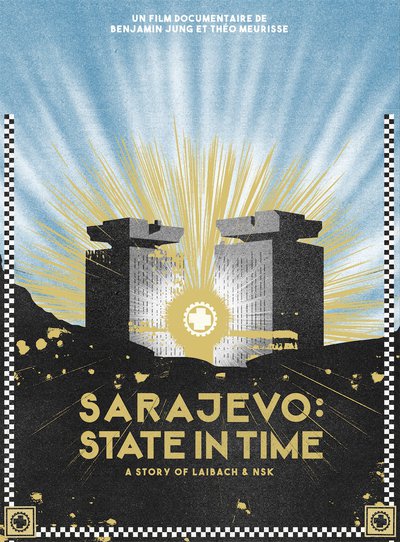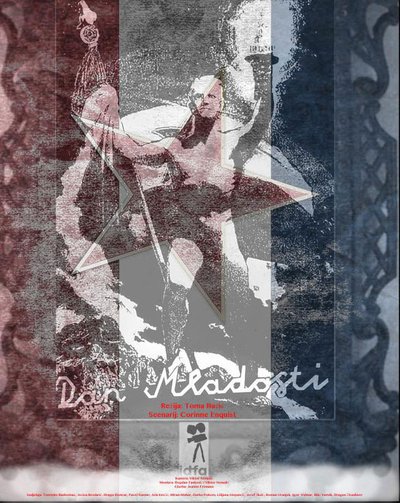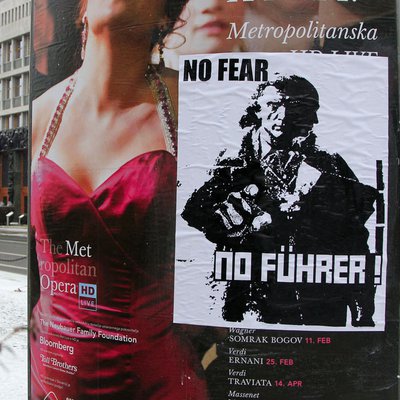25 May 1987, Youth Day commemorating the birth of President Tito of Yugoslavia. A group of young artists wins the competition for the poster announcing the celebration. Soon afterwards, the media discovers that their poster was a Nazi kunst quotation. The artists are arrested and indicted. The documentary traces the history of the scandal that shook Yugoslavia and the very interesting consequences it had.
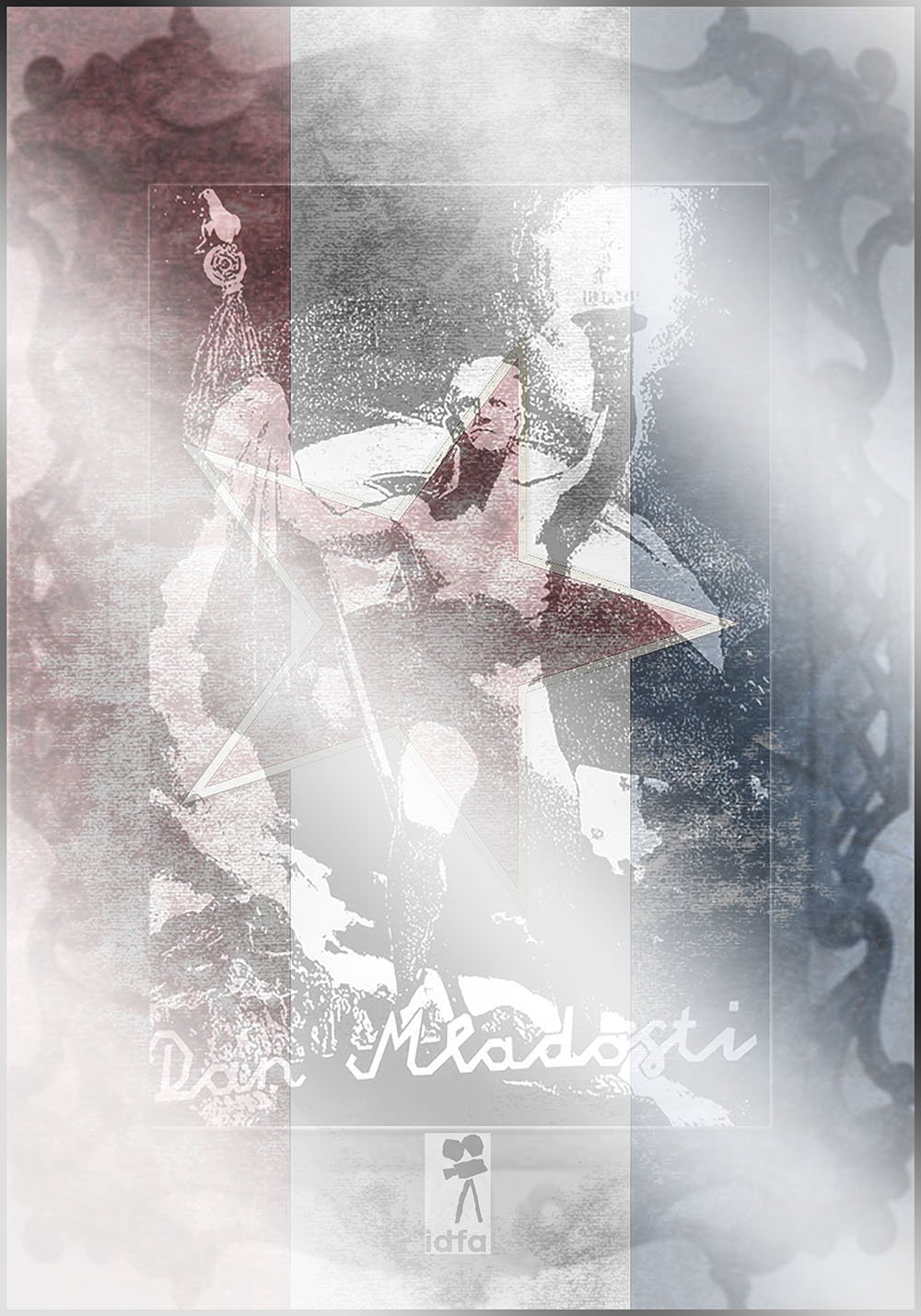
In 1987, seven years after the death of Tito, President of Yugoslavia, one of the greatest affairs in the history of that state broke out when a group of young punk-influenced Slovenian artists, known as Neue Slowenische Kunst, won the competition for the celebration of the Youth Day – the birth anniversary of the dead president.
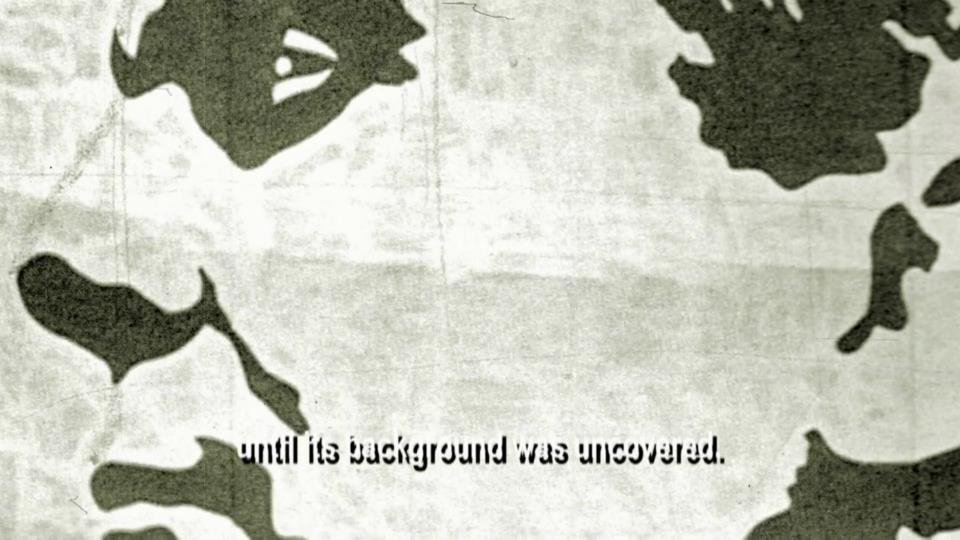
Part of their proposal was a poster announcing the celebration. The poster was chosen by the generals of the Yugoslav People’s Army and top-ranking Yugoslav politicians.
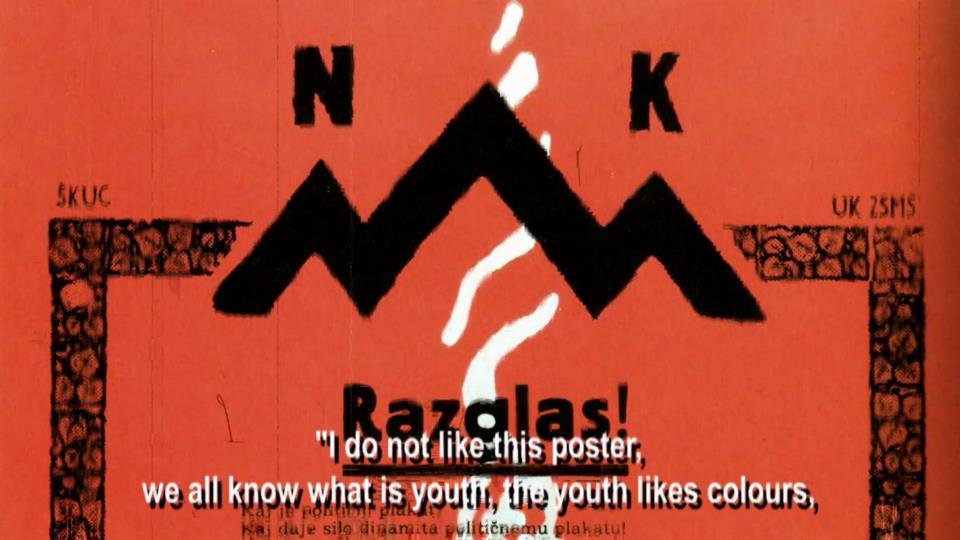
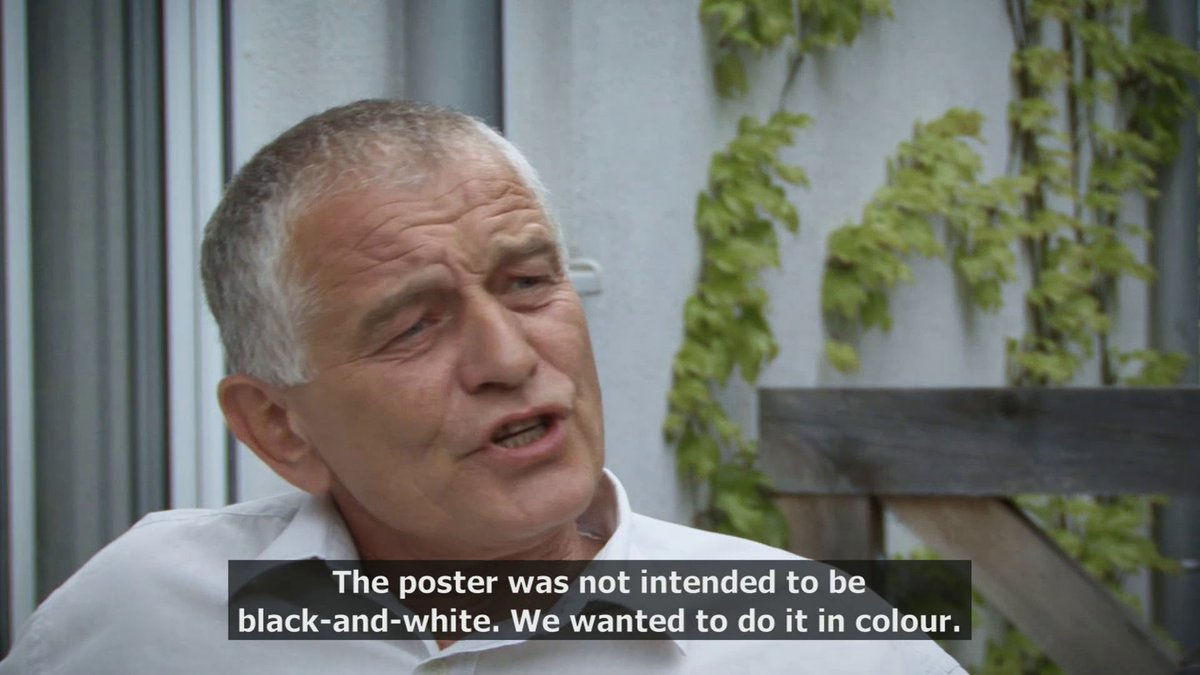
Soon afterwards it was discovered that the Youth Day poster was based on a poster used in Nazi propaganda.
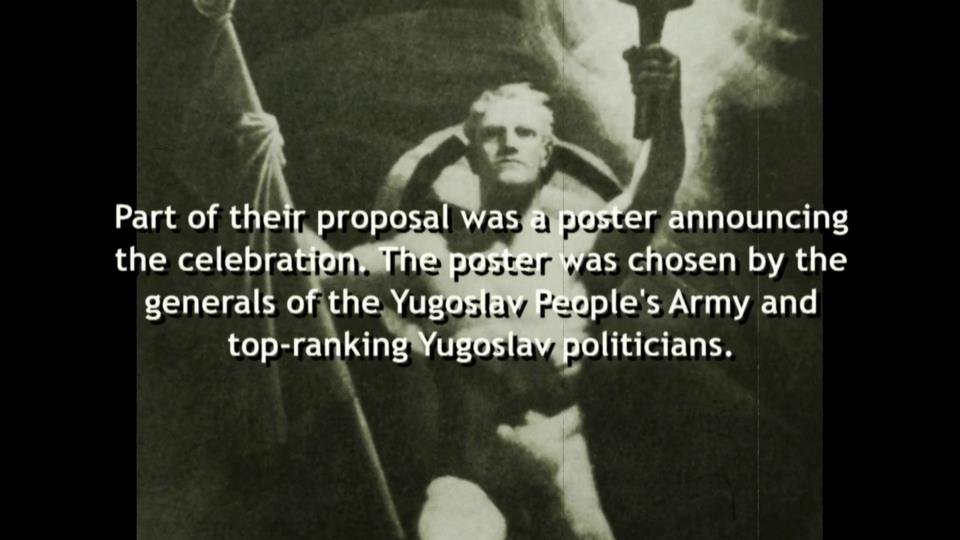
Indictment was brought against the group of artists but was soon dropped. It is a unique example of the artists challenging and defeating a powerful national army and Socialist regime.
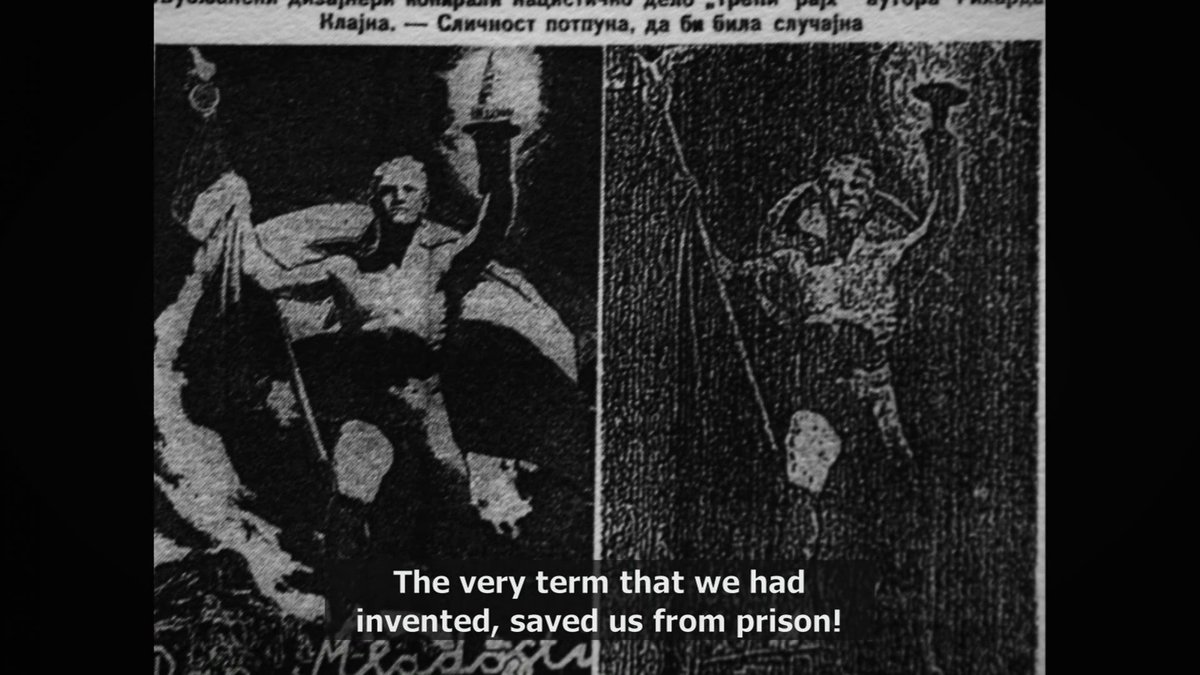
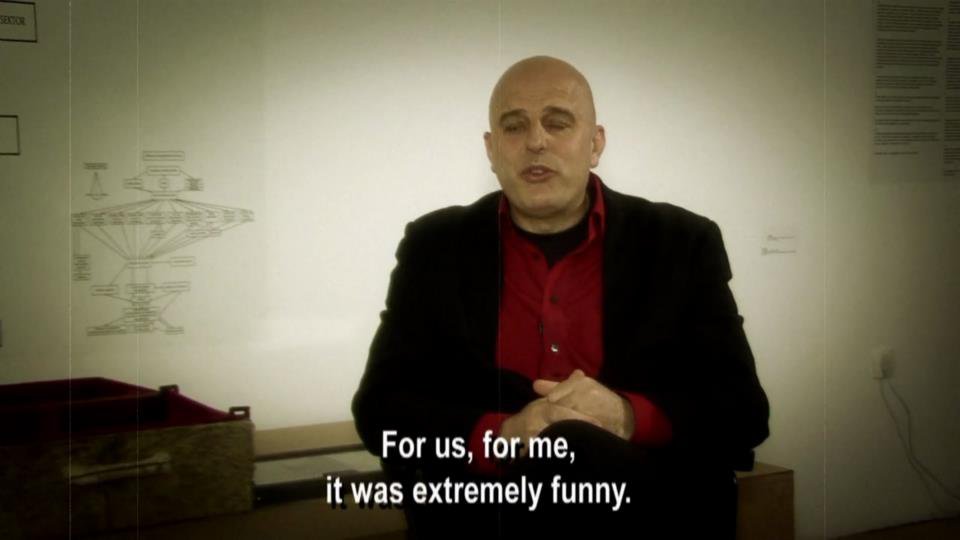
The Youth Day celebration was never held again and the Yugoslav state broke up soon afterwards.
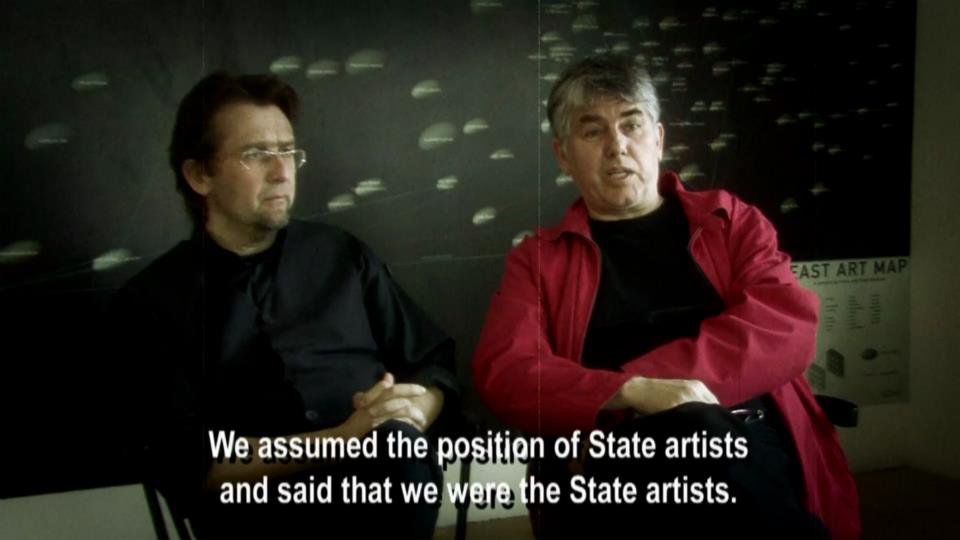
This is a special PREVIEW of the documentary following a rather unique series of events provoked by artists in a specific social climate. Such a combination of circumstances is now impossible to recreate as it happened during Communism in the former Yugoslavia. Provoked by a ludicrous perpetuation of the cult of personality in the form of an annual birth celebration of a dead president Tito and the pan-Yugoslav idea of brotherhood and unity, separatist tendencies started to blossom in the early 1980s. The documentary entitled “The Fine Art of Mirroring” tackles the case of the Yugoslav’s most northern republic of Slovenia and its artists that provoked a nation-wide art scandal.
